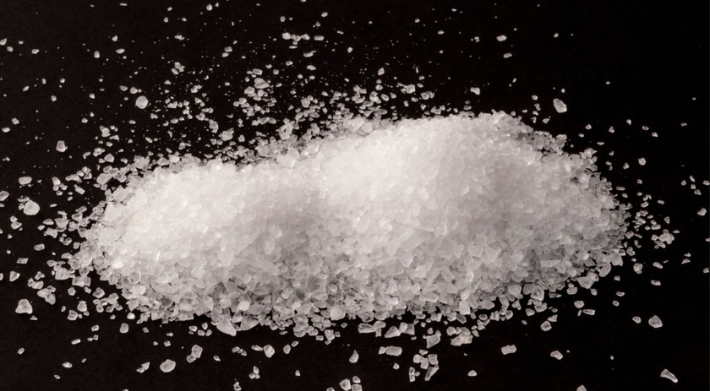Salt Corrosion in Boats: The Hidden Threat and Essential Maintenance
From ancient times to the modern era, salt has held significant importance in various cultures, predominantly for its culinary and preservation qualities. However, for sailors, boat enthusiasts, and marine engineers, Salt Corrosion in Boats emerges as a formidable challenge, gradually eating away the integrity of their prized vessels.
The Science Behind Salt's Destructive Force
When salt meets water, it doesn't merely dissolve. It disintegrates into its foundational elements - sodium and chloride ions. This new salty solution is a surprisingly good conductor of electricity. Now, if you introduce different metals to this scenario (common in boat construction), they inadvertently set off small electric currents. The result? Galvanic corrosion.
Saltwater doesn't always need to be in liquid form to be harmful. As it dries up, it leaves behind salt crystals. These can infiltrate even the smallest of cracks or crevices in boat surfaces. Over time, these crystallized salt deposits can lead to significant damage, far from the naked eye but detrimental nonetheless.
Beyond Metal: Salt's Pervasive Damage
Fiberglass boats, popular for their durability and lightweight properties, aren't immune to salt's damaging touch. One major issue they face is osmotic blistering. The science behind this is intriguing yet alarming. Water molecules, given enough time, find ways to seep through even the protective gel coat of a boat. Encountering water-soluble materials beneath, these molecules form a dense solution. Salt aggravates this process, dramatically increasing the osmotic pressure, resulting in blisters packed with corrosive liquid.
But salt's reign of terror doesn't end with fiberglass. Wooden boats, celebrated for their classic aesthetic and buoyancy, are equally at risk. Wood's natural properties make it susceptible to moisture absorption. Salt, being a master at attracting moisture, ensures that wooden parts exposed to it are constantly wet. This relentless cycle of wetting and drying weakens the wood, reducing its lifespan and structural integrity.
Shielding Your Vessel: Steps to Counteract Salt Corrosion
Rinsing and Neutralizing: A simple yet vital step. Each time your boat kisses the saltwater, ensure it's bathed in freshwater afterward. For heightened protection, a salt neutralizer is a worthy investment. It's not just about cleaning; it's about actively neutralizing salt's corrosive remnants.
Vigilant Inspections: An ounce of prevention is worth a pound of cure. Regularly scour every inch of your boat for early signs of corrosion or blistering. Pay special attention to hidden nooks, joints, and areas where different materials meet.
The Armor of Anti-fouling Paints: Beyond their aesthetic appeal, these paints provide a shield, defending your boat’s hull against microorganisms and the persistent threat of saltwater corrosion.
Guardians of the Boat: Anodes: Think of sacrificial anodes as the knights in shining armor for your boat. They willingly corrode, sacrificing themselves to ensure the primary components of your boat remain untouched by galvanic corrosion.
Regular Sealing and Lubrication: Keeping every joint, crevice, and moving part sealed and lubricated is akin to ensuring your boat's joints remain supple and healthy, resilient against the incessant attacks of salt.
Conclusion: Navigating the Salty Seas Safely
Boating is not just a hobby; for many, it's a passion, a way of life. The freedom of navigating the open seas, the thrill of battling the waves, and the serenity of a calm day on the water are experiences unparalleled. However, lurking in the depths is the silent enemy - Salt Corrosion in Boats. But, like all challenges, with the right knowledge, tools, and regular maintenance, it's an enemy that can be held at bay, ensuring your vessel remains in shipshape condition for years to come.





